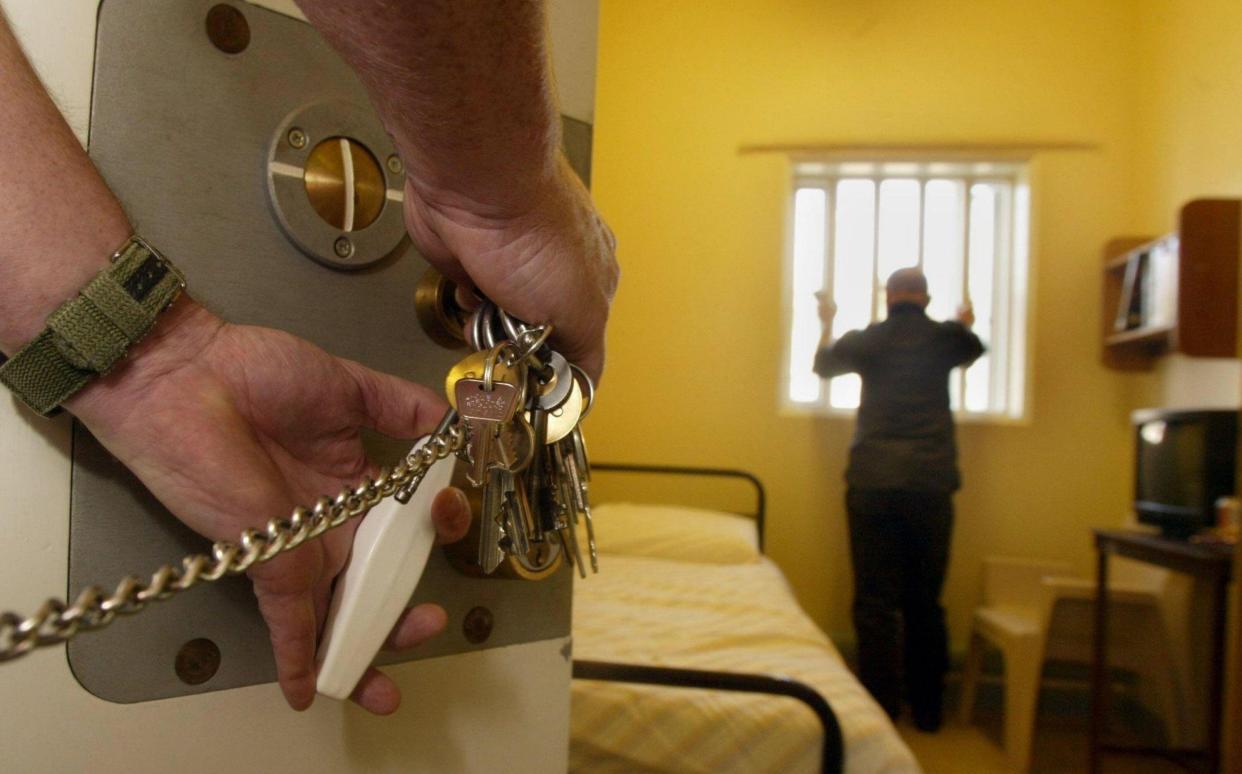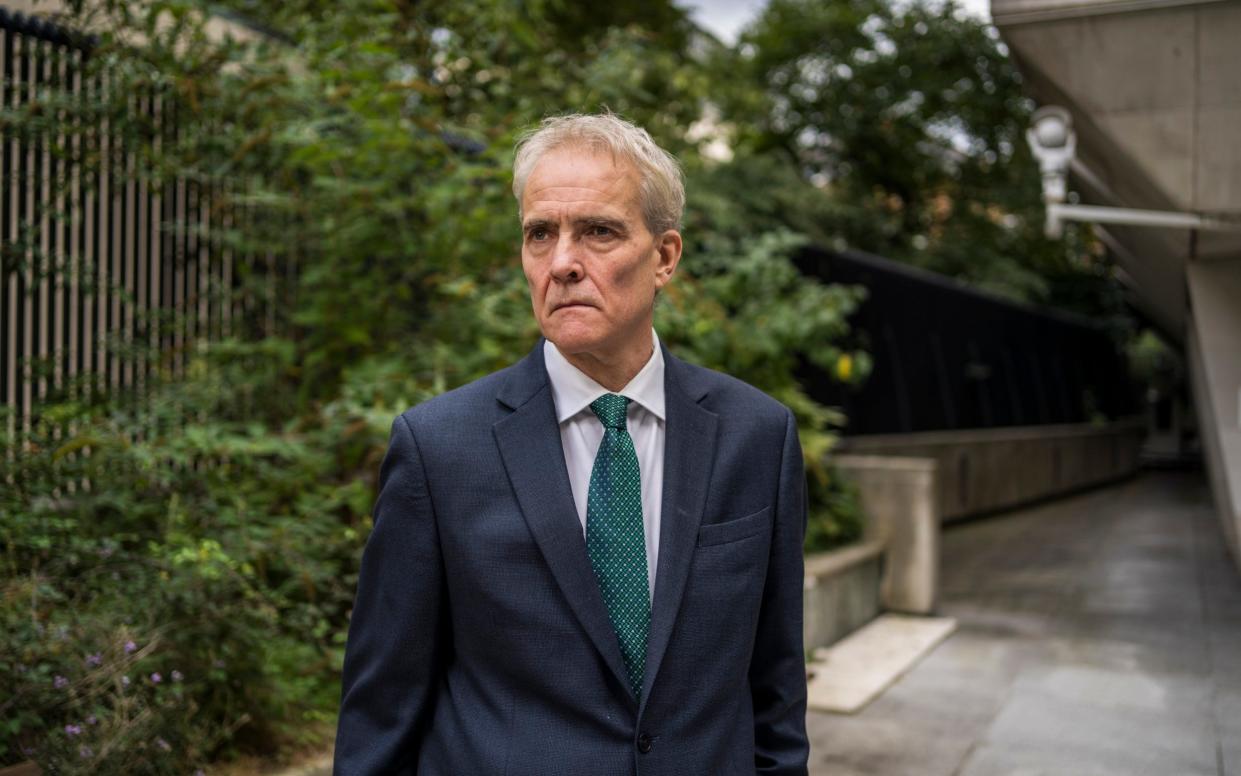One in five prisoners jailed for drugs is a foreign national

One in five criminals jailed for drug offences in English and Welsh prisons is a foreign offender, according to figures from the Ministry of Justice (MoJ).
Some 2,600 foreign criminals – a quarter of the total of 10,400 overseas offenders – are being held in jails for drug offences, the data show.
They account for 18 per cent of all 14,500 drug offenders held in jail, as well as 12 per cent of the entire prison population in England and Wales.
After drugs, weapons possession is the most common offence for which foreign offenders have been jailed. They account for 11 per cent or 280 prisoners.
Foreign nationals account for 10 per cent or 2,200 of all criminals jailed for violence against the person, 10 per cent of those imprisoned for sex offences and 7 per cent of those convicted of robbery.
The figures have been published as ministers consider plans for league tables that would identify the migrant nationalities with the highest rates of crime.

The proposal, put forward by Robert Jenrick, the former immigration minister, and backed by more than a dozen Tory MPs, would require the crime rates of each nation’s migrants to be published annually.
Ministers would present a report to Parliament each year detailing the nationality, visa status and asylum status of every offender convicted in English and Welsh courts in the previous 12 months.
Such a move would mirror an approach by some US states and Denmark, where the crime rates of those from Kuwait, Tunisia, Lebanon and Somalia are far higher than those of Danish nationals.
According to the MoJ data, the most common foreign criminals in prisons are Albanian representing 13 per cent, or 1,475, followed by Polish (nine per cent or 856), Romanian (seven per cent), Irish (six per cent) and Jamaican (four per cent).
Releasing the data, taken from a prison database, Edward Argar, the prisons minister, said: “The removal of foreign national offenders (FNOs) is a Government priority, with all FNOs sentenced to custody being referred to the Home Office for consideration of deportation.
“Both departments [Home Office and Ministry of Justice] are working closely to maximise removals from prison.”
Nearly 4,000 foreign offenders were returned to their homelands last year, of whom 1,800 were sent directly from prison at the end of their sentence, and the rest from the community.
Last month, Alex Chalk, the Justice Secretary, set out proposals to increase removals of foreign offenders as part of his efforts to ease the capacity crisis in prisons.
He expressed “intense frustration” at the cost of detaining foreign criminals in UK jails, which amounts to £50,000 per prisoner per year, and said: “These are people who should be removed back to their own countries of origin wherever possible.”

Charlie Taylor, the chief inspector of prisons, has warned of a resurgence of drugs in prison, saying even drug-free wings have become a target for dealers operating behind bars.
“Over the past year, I have been increasingly concerned about the levels of illicit drugs finding their way into prisons,” he said.
Mr Taylor added that he was “shocked” to discover more than half the prisoners at one jail, HMP Bedford, tested positive for illicit drug use.
“For the first time in my experience as chief inspector, more people in a jail were under the influence of drugs than sober. We could smell cannabis on the wings and its effects on prisoners were evident,” he said.
He said “sophisticated” gangs were recruiting people to get jobs as prison officers so they could sneak in drugs after their “planted” people had scouted out the security flaws in jails.
The gangs are also spending thousands of pounds on the most advanced drones to smuggle in drugs in drops to prisoners that take no more than 20 seconds to achieve.
Drug-free wings had also become a magnet for dealers who saw heavy users attempting to kick their habit as a target, said Mr Taylor.


